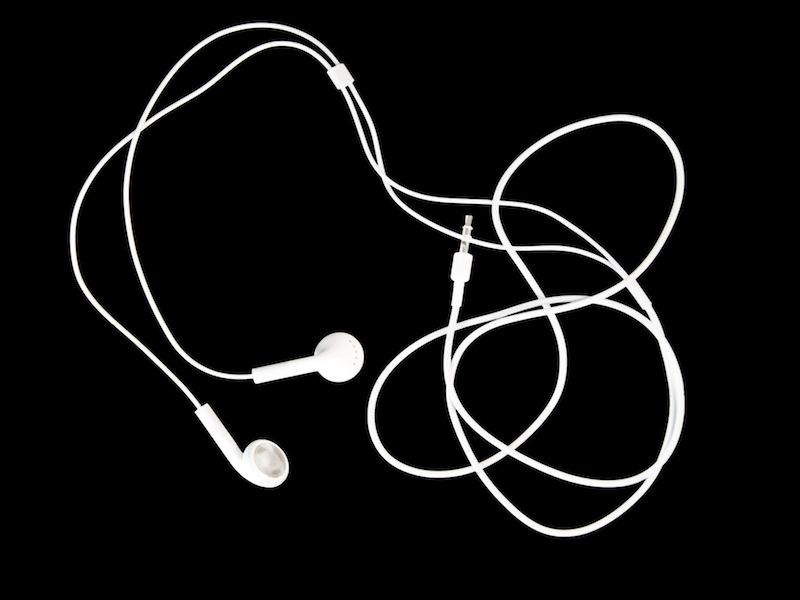
It’s not necessary to feel like your alone if you haven’t had a hearing exam since you were a youngster. It’s not usually part of a routine adult physical and unfortunately, we often treat hearing reactively rather than proactively. In fact, even when they recognize they have hearing loss, most people neglect it for as many as seven years which can significantly affect your health. In fact, untreated loss of hearing has been shown to increase your healthcare costs over time.
The good news, In order for our hearing experts to assist you, we recommend a hearing test which is easy, painless and gives a wealth of important information. Both to learn if interventions like hearing aids are helping you and also for diagnosing potential hearing issues. A full audiometry exam is more involved than what you might remember from childhood and you won’t get a lollipop or a sticker when it’s done but you’ll get a far clearer understanding of your hearing.
While you might not give the state of hearing as much attention as you would the health of your eyes or your teeth, it is crucial that you routinely have your hearing examined. It can be a long time before you notice that there is something wrong with your hearing. Hearing loss normally occurs slowly, and the sooner you detect an issue with your hearing, the sooner you might be able to deal with it.
When Should You Get Tested?
All infants should be evaluated for hearing loss, and normally, the hospital takes care of that before they are released. Teenagers should be screened during routine checkups with their physicians and children should have formal hearing tests at the ages of 4, 5, 6, 8 and 10 years old according to The American Academy of Pediatrics.
If you are between the ages of 18 to 45, it is recommended that you have your hearing tested every five years and then more frequently as you age. You should get checked every three years if you are 46 to 60 years old and then every two years after you turn 60. But you might need to get checked more often. Your individual circumstances will determine when you need to get a test. If you find that your hearing isn’t what it once was, you should have it tested immediately. Quite a few health concerns are associated with neglected hearing loss, such as increased risk of falling, cognitive decline, and depression. It can also impact your relationships and your ability to work effectively.
And you need to get a hearing test, in some situations, as soon as you can if you have hearing loss that is getting quickly worse. The following scenarios mean that you need to get a hearing test immediately:
- You find yourself having to constantly ask people to repeat themselves
- You are experiencing a constant ringing in your ears
- You are experiencing vertigo
- It is difficult to pinpoint where sounds are coming from
- You are unable to hear conversations, particularly when in crowded areas
- There is earwax buildup or you had an ear infection
Another factor is whether you are at a higher risk for hearing loss. You should get your hearing tested more frequently, for example, if you are exposed to loud noise or if hearing loss runs in your family.
There are also more than 200 ototoxic medicines. From Aspirin to some antibiotics, these medications can be very bad for your hearing. Check with your doctor to make sure any medicines you are taking aren’t affecting your hearing. If you need to take a medication that you know is ototoxic, think about getting more frequent hearing testing so you can address any hearing loss right away.
Also, consider your habits and whether they might contribute to hearing loss. Are you using earbuds regularly? Hearing loss has noticeably increased in younger people, and many experts think that this is due to the use of headphones and earbuds. Your ears can also be significantly harmed by loud concerts, shows, and machinery. If you feel that it’s time for you to get your hearing tested, schedule an appointment today.
